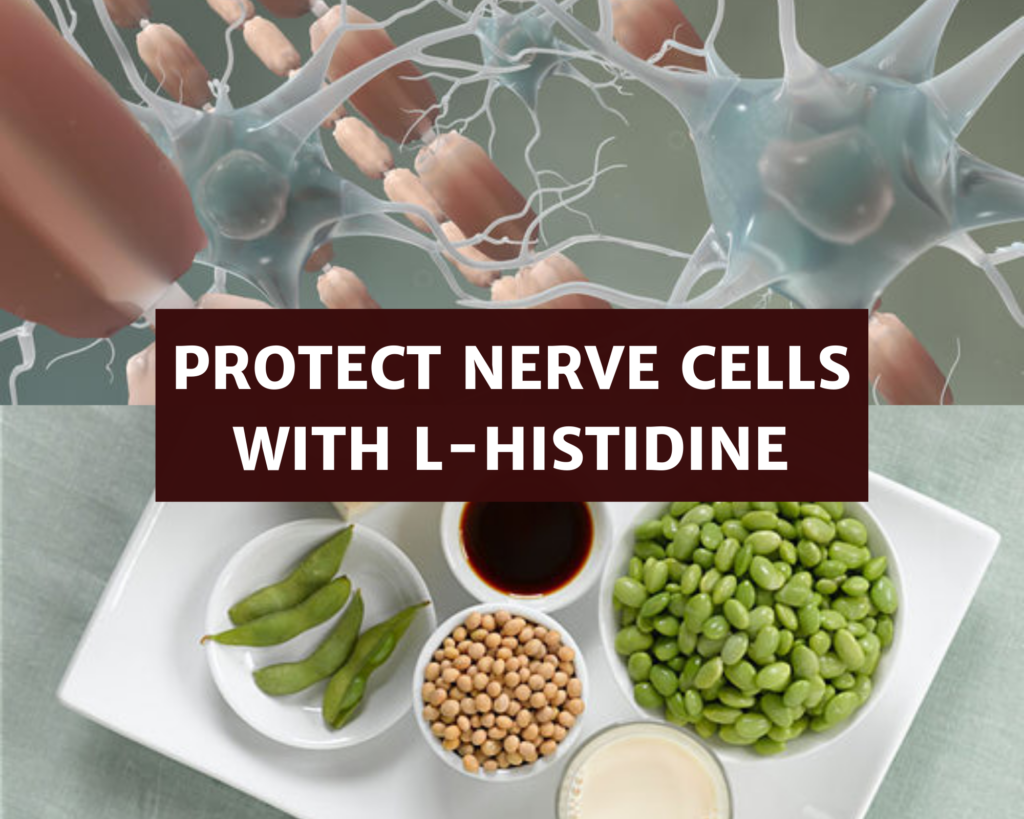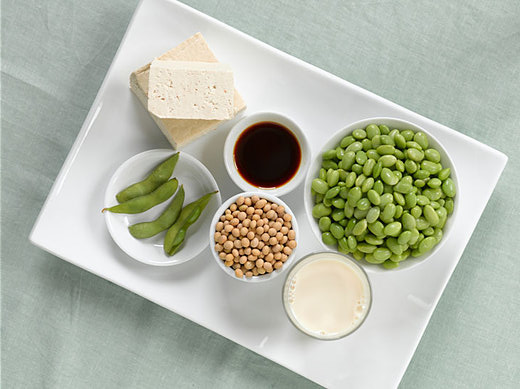
L-Histidine at a Glance
L-Histidine is a conditionally essential amino acid and is a part of one of the 23 proteinogenic amino acids. It is necessary for the formation of the myelin sheath, which surrounds all nerve cells and protects them from damage within the body.
Histidine also protects the body from radiation damage, assists with lowering blood pressure, promotes the recovery process after injuries and helps to boost the immune system. It is also required for the production of histamines.
How It Works

Histidine is the precursor to the amine histamine which is necessary for inflammation, immunity, digestion, and sexual function. It also modulates wakefulness, learning, memory, and emotions in the brain.
It is also required for the formation of carnosine, a dipeptide found in skeletal muscle that also helps slow down degenerative diseases and improves muscle performance.
Moreover, it also helps reduce inflammation and oxidative stress while regulating feeding behavior, energy metabolism, and the levels of elements such as iron, copper, molybdenum, zinc, and manganese in the body.
Histidine is also important in producing red blood cells and maintaining normal hemoglobin levels in the body. Moreover, it can also regulate the pH value of blood.
It also protects the skin against UV radiation through producing urocanic acid, a chemical absorbs UV light.
Histidine Benefits
- Histidine supplementation can help fight chronic diseases such as heart disease. This amino acid is converted to carnosine in the body which has anti-inflammatory, antioxidative, anti-glycating, anti-ischemic, and chelating properties.
- It can also help improve mental performance and cognitive health due to its ability to form the myelin sheath and protect cells from oxidative damage.
- Studies have shown that this amino acid can help reduce oxidative stress, lower inflammation, and improve insulin sensitivity in obese adults with metabolic syndrome.
- Histidine, through its histamine-producing function, can also help protect and heal the skin. It can help reduce dryness and irritation by increasing antioxidant activity, neutralizing free radicals, reducing inflammation, and boosting UV protection.
- Supplementation of this amino acid can also reduce the duration of viral and bacterial infectionsthanks to its ability to regulate responses of the immune system and produce histamines.
Dosage Recommendations for L-Histidine

According to the World Health Organization, the recommended daily intake of histidine is 8 to 12 mg per kg of body weight in adults. You can take histidine supplements to reverse deficiency and treat conditions such as poor kidney function and anemia.
You can also consume high-protein food such as poultry, beef, protein powders, fish and seafood, eggs, soybean products, legumes and beans, whole grains, cauliflower, potatoes, and corn to make sure that you meet your daily recommended intake.
Safety Considerations for L-Histidine
Taking histidine above the recommended dosage can cause side effects such as muscle weakness, drowsiness, and fatigue, headaches, digestive issues like nausea and loss of appetite, depression, and poor memory.
If you have a kidney or liver disease, you should consult with a doctor before consuming large amounts of amino acids.




